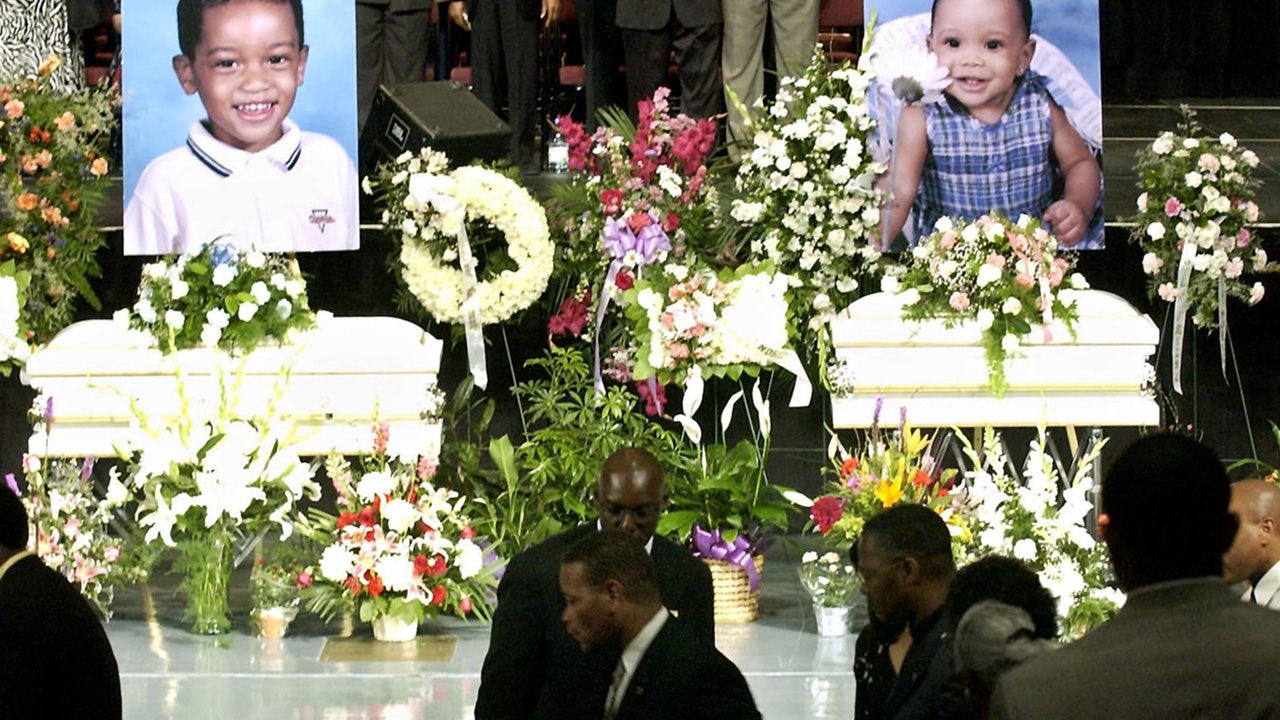[ad_1]
Detectives thwarted an unassuming California school principal’s attempt to cover up the quintuple murder of his family with an out-of-state flight by thoroughly examining the car he rented in Colombus, Ohio.
Vincent Brothers, who turned 61 on death row in San Quentin State Prison this year, was convicted on five counts of first-degree murder in 2007.
To this day, he denies killing his estranged wife Joanie Harper, mother-in-law Earnestine Harper, 4-year-old son Marques, 2-year-old daughter Lyndsey and 6-week-old baby Marshall on July 6, 2003.
In this week’s iteration of the Fox True Crime Podcast with Emily Compagno, dropping Tuesday, retired FBI elite Behavioral Analysis Unit special agent Mark Safarik breaks down the lengths detectives took to disprove Brothers’ seemingly solid alibi and secure his conviction.
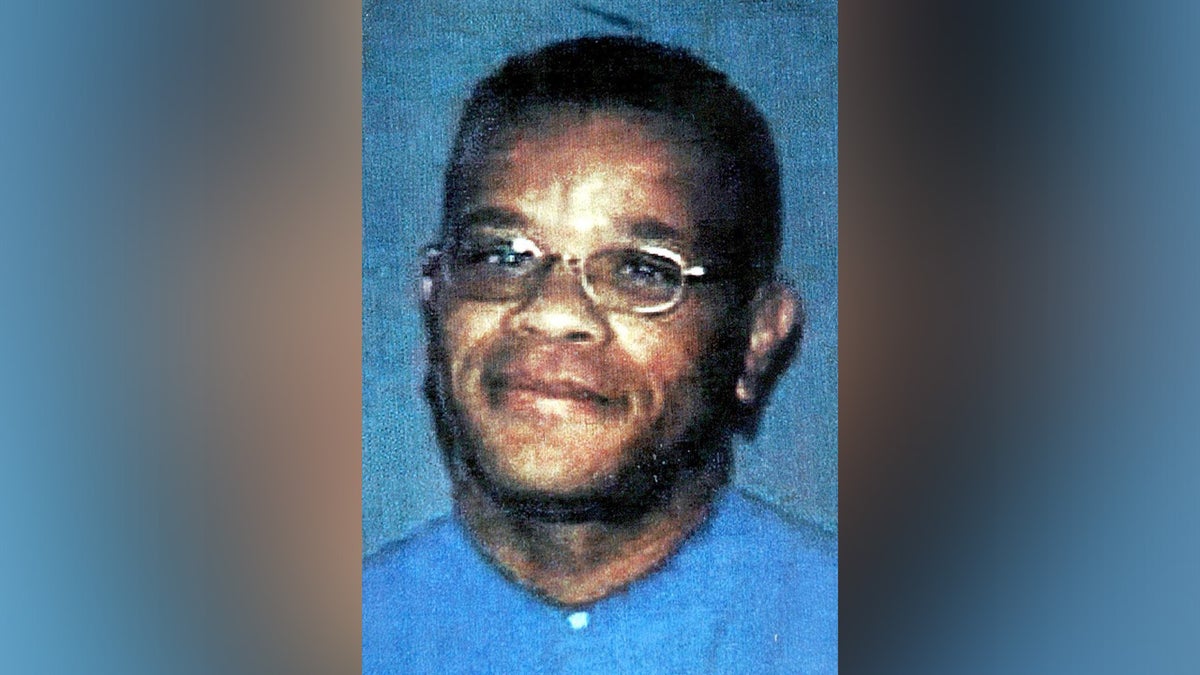
Vincent Brothers, pictured at approximately 41 years old, was convicted in 2007 in the 2003 killings of his wife Joanie Harper, her mother and his three children. (Associated Press)
A friend of 39-year-old Harper called police on July 8, 2003 after checking on the woman after she uncharacteristically failed to show up for church two days earlier. There, she found the mother-of-three “laying on the bed, dead,” per recordings of her 911 call obtained by Oxygen’s earlier “Family Massacre” podcast.
Harper, her mother and the woman’s three children had all been shot dead. In addition, the mother had been stabbed seven times post-mortem. Later autopsies placed their deaths around 1 p.m. two days before they were found.
The Harper home appeared to have been ransacked — but cash, cards, a TV set and other valuables left in plain sight made detectives consider that the crime scene may have been staged, Safarik said. At that point, his office was called in to help.
About four days before the homicides, detectives soon learned, Brothers had flown out of Los Angeles International Airport to Columbus, Ohio to visit his brother and family.
“So initially, Vincent was essentially ruled out,” Safarik recalled.
LISTEN: THE FOX TRUE CRIME PODCAST WITH EMILY COMPAGNO
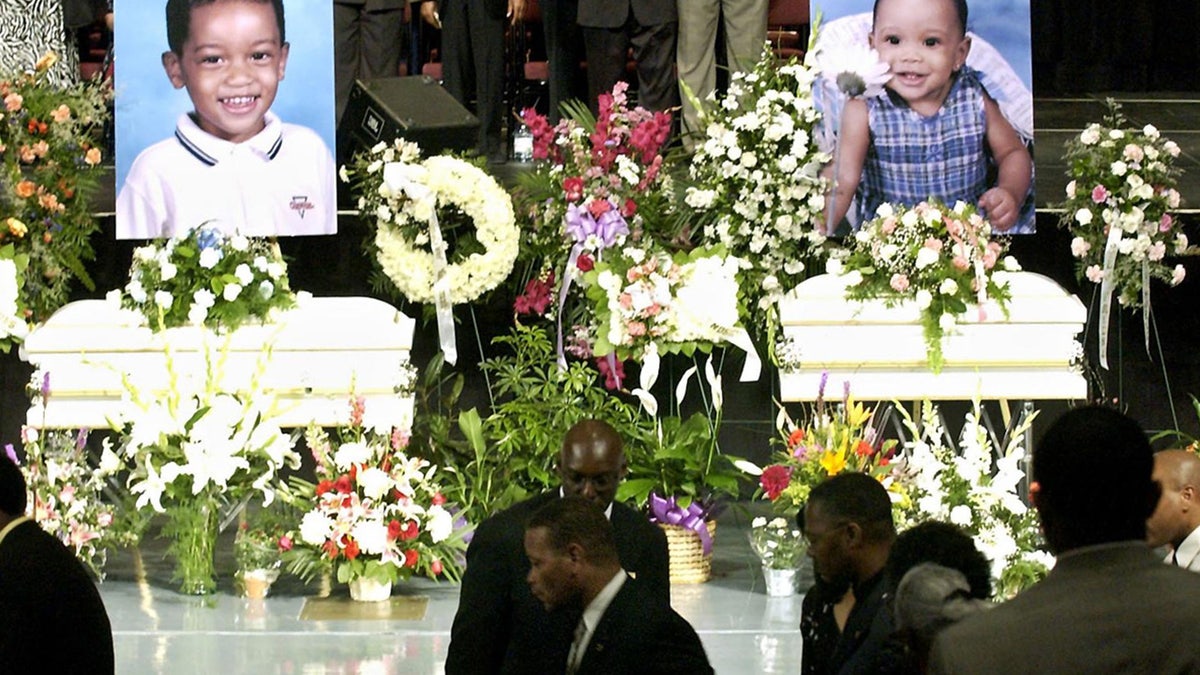
Vincent Brothers (c) walks past caskets of two of his children in Bakersfield Convention Center, California. (AP)
The man’s mother-in-law was a community activist who “[spoke] out about gangs and gang activity,” which Safarik said led investigators in another direction for a time.
Earnestine, 70, was “incredibly security-conscious,” Safarik said — her home was outfitted with a spiked fence, burglar bars on each window and multiple locks on each door.
This begged the question of how the killer broke into the house without alerting its occupants. Harper’s wounds indicated she had been sleeping when she was shot, and that she had been the first to be killed.
After examining the crime scene, Safarik decided that it “didn’t look like a financial gain crime,” he said.
IDAHO STUDENT MURDERS: DEMOLISHING KING ROAD HOME BEFORE TRIAL ‘A TERRIBLE IDEA,’ INVESTIGATOR SAYS
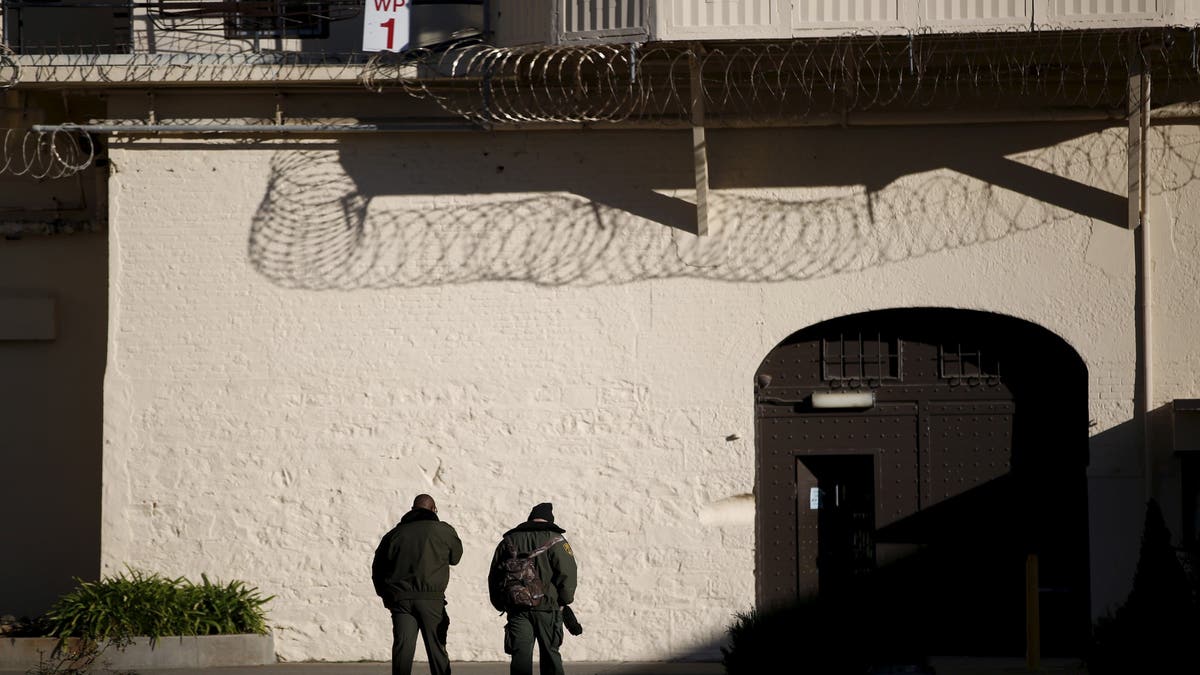
Two guards walk in a yard during a media tour of San Quentin State Prison, where Vincent Brothers is incarcerated. (REUTERS/Stephen Lam)
Post-mortem, the killer had placed pillows and blankets over the bodies of the youngest victims, Safarik said — the youngest child wasn’t found by investigators until they were at the crime scene for three hours, and the pillow covering him was moved. This “depersonalization” of the children indicated to Safarik that their killer was upset by their death, he said.
At that point, investigators turned their sights back to Brothers, finding and seizing the rental car that he used while in Ohio.
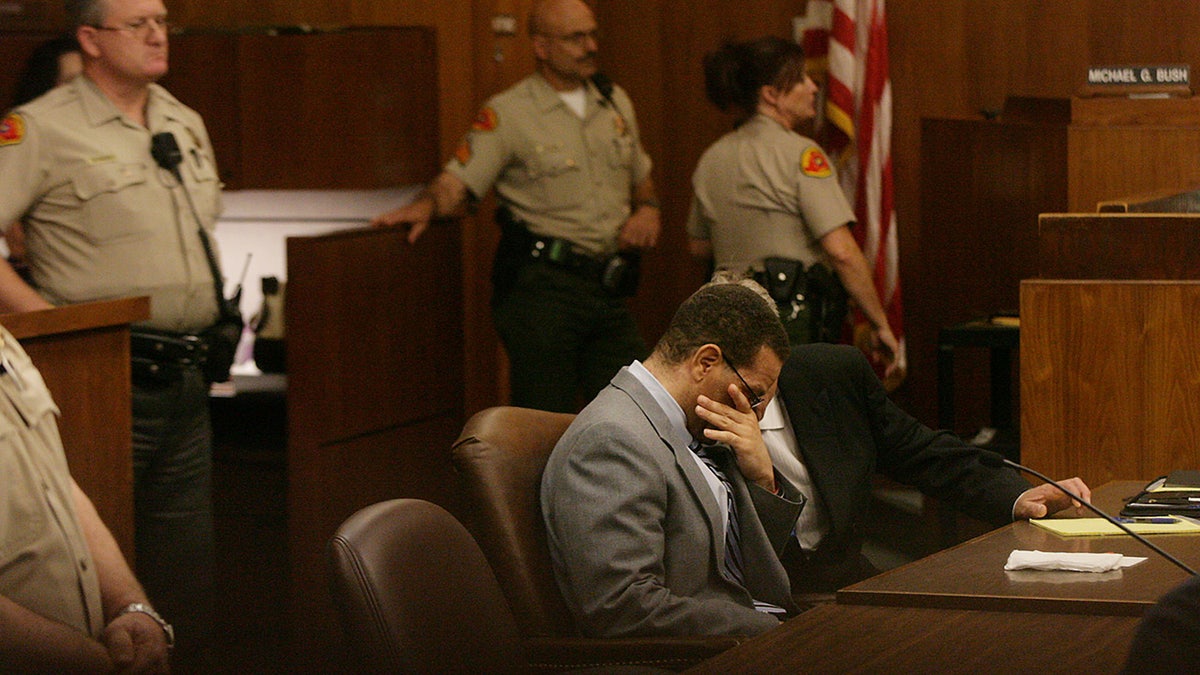
Vincent Brothers, a former school vice principal at Fremont (Calif.) Elementary School, reacts as he is convicted of murder in the July 2003 deaths of his wife, three children and mother-in-law, Tuesday, May 15, 2007, during proceedings in Kern County Superior Court in Bakersfield, Calif. (AP Photo/The Bakersfield Californian, Casey Christie)
Per Safarik, the car had about 5,600 miles on it — approximately the distance from Columbus, Ohio to Bakersfield, California, and an additional trip from Dayton, Ohio, to Elizabeth City, North Carolina, that credit card records indicate Brothers took.
“The thing is that that’s circumstantial evidence,” Safarik said. “It’s good evidence, but it’s not conclusive. It doesn’t prove anything.”
CHARLES STUART CASE: INFAMOUS MURDER IN BOSTON OF PREGNANT WIFE UNRAVELED BY CONFESSION

Vincent Brothers was a principal at John C. Fremont Elementary School, pictured. Infidelity and other issues had strained his marriage with Joanie Harper and, prosecutors say, he murdered his family to avoid alimony payments after an impending divorce. (Google Maps)
So the Bakersfield Police Department took an entirely unprecedented measure, Safarik said. They took the radiator from Brothers’ rental and sent it to a forensic entomologist at the University of California, Davis.
Forensic entomology, per the National Institutes of Health, is the study of insects/arthropods in criminal investigation.
“They asked the entomologist, ‘Can you identify every single bug in this radiator?’ And that’s exactly what [she] did,” Safarik recalled.
“[She] removed every fragment and every piece of bug, and she identified it. And what she found was there were about four or five species of insects in the radiator that are only found west of the Rockies. So there was absolutely no way that those bugs could have gotten into the radiator if or if he only remained in Columbus, Ohio. So that became a very powerful piece of forensic evidence,” he said.
Prosecutors would say that Brothers killed his family to avoid paying alimony in his impending divorce, Safarik said.
CLICK HERE TO GET THE FOX NEWS APP

Former FBI Behavioral Analyst Mark Safarik, pictured, recalled his investigation of the crime scene in an interview with The Fox True Crime Podcast. (Provided)
“If the kids are alive, you’ve got three kids that are very young. You’re going to be paying child support for the next 20 years. And he had a relationship. And essentially Vincent just… wanted a clean slate,” Safarik said.
Although Brothers cried on the stand, Safarik said, the former FBI behavioral analyst “got the sense that the person he’s crying for is not his family — it’s for himself that he got caught and essentially his life is over.”
“I really don’t think somebody who could kill their own children in that gruesome way could really feel remorse,” he said.
Fox News Digital could not reach the California Department of Corrections at press time for information on Brothers’ impending execution.
[ad_2]
Source link

